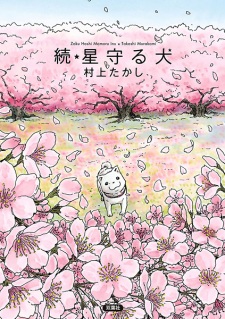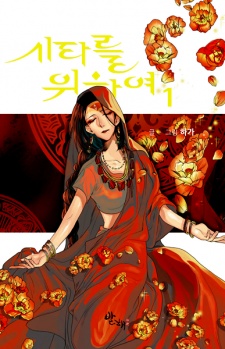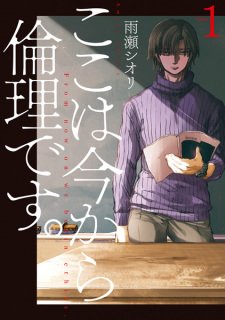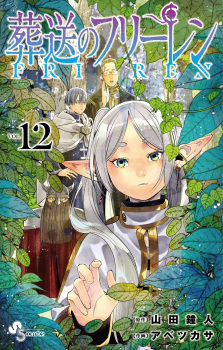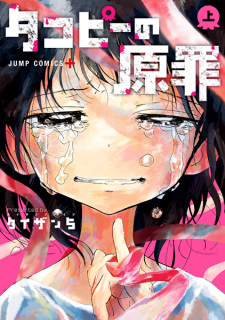Saudade
Manga
"Memories are like stones, time and distance erode them like acid."
Saudade is an emotional state of melancholic or profoundly nostalgic longing for a beloved yet absent something or someone. It derives from the Latin word for solitude. It is often associated with a repressed understanding that one might never encounter the object of longing ever again. It is a recollection of feelings, experiences, places, or events, often elusive, that cause a sense of separation from the exciting, pleasant, or joyous sensations they once caused.
A stronger form of saudade may be felt towards people and things whose whereabouts are unknown, such as old ways and sayings; a lost lover who is sadly missed; a faraway place where one was raised; loved ones who have died; feelings and stimuli one used to have; and the faded, yet golden memories of youth. Although it relates to feelings of melancholy and fond memories of things/people/days gone by, it can be a rush of sadness coupled with a paradoxical joy derived from acceptance of fate and the hope of recovering or substituting what is lost by something that will either fill in the void or provide consolation.
Saudade is a word in Portuguese and Galician that claims no direct translation in English. However, a close translation in English would be "desiderium." Despite being hard to translate in full, saudade has equivalent words in other cultures, and is often related to music styles expressing this feeling such as the Blues for African-Americans, Añoranza in Spain, Sehnsucht in German, Dor in Romania, Tizita in Ethiopia, Hiraeth in Welsh, or Assouf for the Tuareg people, Appocundria in Neapolitan, or Mall in Albanian. In Slovak, the word is Clivota or Cnenie, and in Czech, the word is Stesk. In Turkish, the word Hasret meaning longing, yearning or nostalgia has similar connotations, as does the Polish Tęsknota.
Personal comment: Realized that instead of mere noir, what I actually like is inherent melancholic longing for something deeper as shown in this list, usually as what happened in main characters' past.
Noir and Semi-Noir lists would be kept updated nevertheless.
Saudade is an emotional state of melancholic or profoundly nostalgic longing for a beloved yet absent something or someone. It derives from the Latin word for solitude. It is often associated with a repressed understanding that one might never encounter the object of longing ever again. It is a recollection of feelings, experiences, places, or events, often elusive, that cause a sense of separation from the exciting, pleasant, or joyous sensations they once caused.
A stronger form of saudade may be felt towards people and things whose whereabouts are unknown, such as old ways and sayings; a lost lover who is sadly missed; a faraway place where one was raised; loved ones who have died; feelings and stimuli one used to have; and the faded, yet golden memories of youth. Although it relates to feelings of melancholy and fond memories of things/people/days gone by, it can be a rush of sadness coupled with a paradoxical joy derived from acceptance of fate and the hope of recovering or substituting what is lost by something that will either fill in the void or provide consolation.
Saudade is a word in Portuguese and Galician that claims no direct translation in English. However, a close translation in English would be "desiderium." Despite being hard to translate in full, saudade has equivalent words in other cultures, and is often related to music styles expressing this feeling such as the Blues for African-Americans, Añoranza in Spain, Sehnsucht in German, Dor in Romania, Tizita in Ethiopia, Hiraeth in Welsh, or Assouf for the Tuareg people, Appocundria in Neapolitan, or Mall in Albanian. In Slovak, the word is Clivota or Cnenie, and in Czech, the word is Stesk. In Turkish, the word Hasret meaning longing, yearning or nostalgia has similar connotations, as does the Polish Tęsknota.
Personal comment: Realized that instead of mere noir, what I actually like is inherent melancholic longing for something deeper as shown in this list, usually as what happened in main characters' past.
Noir and Semi-Noir lists would be kept updated nevertheless.









